How to Choose the Right Paving Material for Your Property
When it comes to upgrading your driveway, parking lot, or outdoor space, selecting the right paving material is a critical decision. Each material offers unique advantages and challenges, making it essential to weigh your options carefully. In this guide, we will help you to choose the right paving material for your property by exploring the three most popular paving materials—asphalt, concrete, and interlocking—to help you make an informed choice for your property.
1. Asphalt Paving
Pros:
- Cost-Effective: Asphalt is one of the most affordable paving options, making it ideal for large areas like parking lots and driveways.
- Quick Installation: Asphalt can be installed and ready for use in a short time, minimizing disruptions.
- Durability in Cold Climates: Asphalt’s flexibility makes it resistant to cracking in freezing temperatures, perfect for Toronto winters.
Cons:
- Maintenance Required: Asphalt requires periodic sealing to maintain its appearance and durability.
- Shorter Lifespan: Compared to other materials, asphalt has a shorter lifespan, typically 15-20 years.
Check out our commercial asphalt paving and residential asphalt paving guides for more details.
2. Concrete Paving
Pros:
- Long Lifespan: Concrete can last 30+ years with proper maintenance, making it a great long-term investment.
- Customizable: Stamped or colored concrete offers aesthetic flexibility for residential and commercial properties.
- Low Maintenance: It requires minimal upkeep compared to asphalt.
Cons:
- Higher Initial Cost: Concrete is more expensive upfront than asphalt.
- Susceptible to Freezing: Freeze-thaw cycles can cause cracking in untreated concrete.
Check out our commercial concrete paving and residential concrete paving guides for more details.
3. Interlocking Paving
Pros:
- Versatile Design: Interlocking pavers come in a wide range of styles, shapes, and colors to complement any property.
- Durable and Repairable: Individual pavers can be replaced if damaged, extending the life of your paved surface.
- Eco-Friendly Options: Permeable interlocking pavers allow water to pass through, reducing runoff.
Cons:
- Higher Cost: Interlocking is typically the most expensive option due to material and labor costs.
- Weed Growth: Without proper installation, weeds may grow between pavers.
Check out our commercial interlocking and residential interlocking guides for more details.
Factors to Consider When Choosing
- Budget: Asphalt is the most cost-effective option, while interlocking offers the highest aesthetic appeal at a premium cost.
- Climate: For Toronto’s freeze-thaw cycles, materials like asphalt and interlocking are more resilient.
- Purpose: Commercial lots often benefit from the affordability of asphalt, while residential spaces may favor the visual appeal of interlocking.
- Maintenance Commitment: Concrete and interlocking require less frequent maintenance than asphalt.
Final Thoughts
Selecting the right paving material for your property depends on your specific needs, budget, and property type. If you’re still unsure which option is best for you, contact Sure-Way Paving. Our experts will help you make the perfect choice and ensure a high-quality installation.
Call us today at (416) 782-9111 or request a free quote to get started on your paving project!


0 comments
Write a comment